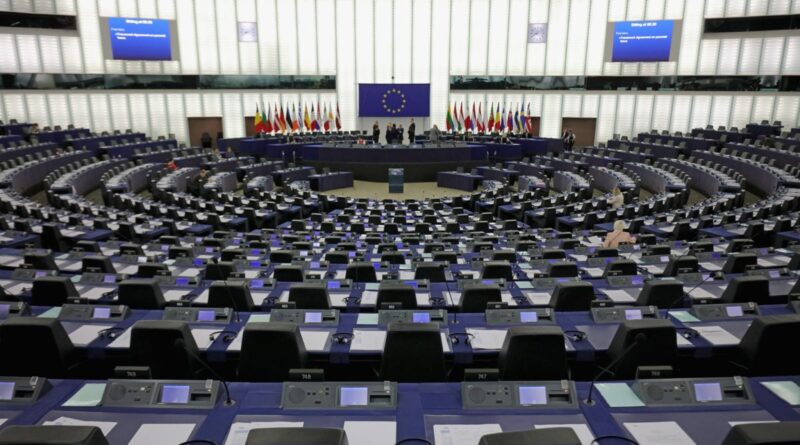Yeehaw, the EU Agreed on Laws to Reign in the Crypto ‘Wild West’

The European Union is planning to temper the volatility of cryptocurrency with a regulatory framework that would establish consumer protection against crypto scams and forces crypto companies to disclose their environmental impact.
Discussions in the European Union have identified the need to regulate cryptocurrency, crypto wallets, and crypto trading, leading to the adoption of the markets in crypto-assets (MiCA) proposal yesterday. The proposal is expected to pass into law, as the major regulatory bodies have agreed on the regulatory framework. It’s aimed at preserving financial stability in the crypto market while also protecting investors from fraud. MiCA was originally proposed in September 2020 by the European Commission as part of a larger package of laws that aims to protect consumers while fostering economic innovation, and discussions began on March 31, 2022.
Bruno Le Maire—French Minister for the Economy, Finance and Industrial and Digital Sovereignty—said, “This landmark regulation will put an end to the crypto wild west and confirms the EU’s role as a standard-setter for digital topics.”
The EU identifies that cryptocurrency investors have enjoyed little protection against scams, especially those that take place outside of the Union. MiCA forces crypto-asset services to protect consumer wallets and be held liable in the event that they lose investor assets. The EU says the framework will also cover market abuse “related to any type of transaction or service.” MiCA also forces crypto-asset services to declare their environmental footprint—which is notable since cryptocurrency is incredibly energy intensive—and tasks the European Banking Authority will maintain a public register of noncompliant crypto providers.
Cryptocurrency is currently taking a hit: Bitcoin prices, for example, are at their lowest since December 2020. While the market may ebb and flow, it’s not a leap to say that crypto may be crashing. The EU’s MiCA framework might help to put some pressure on the United States to begin similar discussions—especially considering crypto scams lost us a collective $1 billion this year alone.

